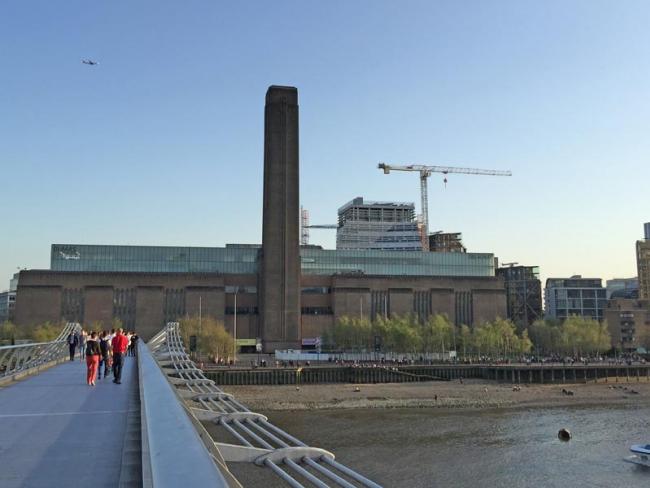There is no alternative to fighting when it comes to pay. And then fight some more. Unions in the arts sector have a difficult job, especially where there is no continuous history of struggle, where there is a culture of accepting low pay, even no pay, or neglecting workplace conditions.
To complicate matters, many union branches have a mix of skills and contracts, and the outcome of negotiation tends to the lowest common denominator. There is also the squeamish question of professional and vocational dedication, which employers and governments play on to shut us up.
Despite the difficulties in this sector, the issue of professional recognition is gaining ground – though it is just a start. Artists are fighting the ignorant idea that if you love your work you should not expect to be paid for it. The Actors’ Equity campaign “Professionally Made, Professionally Paid” is aimed at eliminating low pay or no pay in entertainment – not least in order to educate its own members. There is even an acronym for it – LPNP!
“Free is not an Option” is the Writers’ Guild campaign to tackle the growing trend of unpaid working. A survey found that 87 per cent of respondents in the TV and film industries reported being asked to work for nothing. Authors, poets and playwrights also said this was becoming standard practice even with well established and resourced companies.
The Musicians’ Union campaigns under the slogan “Work Not Play”. Clubs, pubs and promoters want something for nothing, treating music as a hobby rather than a profession. Another campaign is “Support My Music Teacher”, as funding for arts education is cut or withdrawn.
Meanwhile in museums, galleries and cinemas some very basic union work is being carried out. At the London Tate Galleries, those employed indirectly by security firm Wilson James are paid significantly less for the same work as those directly employed, with zero hours contracts and no basic employment rights. PCS continues to campaign there for equal pay, under the banner “EqualiTate”.
At Windsor Castle wardens who voted by 84 per cent to go on strike earlier this year remain tight-lipped (probably sworn to secrecy) about a pay rise negotiated by PCS, saying only that the shop staff got a good settlement. As with the Globe guides, this was based on the “median level for the region”. And at the Royal Albert Hall in August staff narrowly voted to be represented by media and entertainment union BECTU – a vital first step toward collective action.
The “living wage” is no substitute for collective action on pay, and only a sign of weakness when used as a basis for negotiation with employers. It is in fact the old “minimum wage” dressed up to seem something more generous, and does what the minimum wage did – acts as a maximum. We need to value our own labour power.

